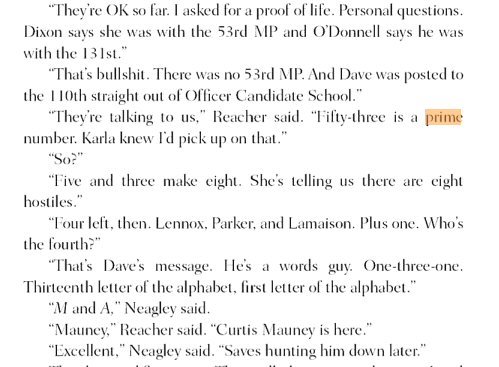Lsbcal
Give me a museum and I'll fill it. (Picasso) Give me a forum ...
DW confirmed that yes, there was a 60's song with that line. But apparently it wasn't attributed to Tolstoy whereas Seinfeld directly attributes it to him. Important historical point!!!Sure that wasn't a 60s song?
Source: War (Edwin Starr song) - Wikipedia, the free encyclopedia

